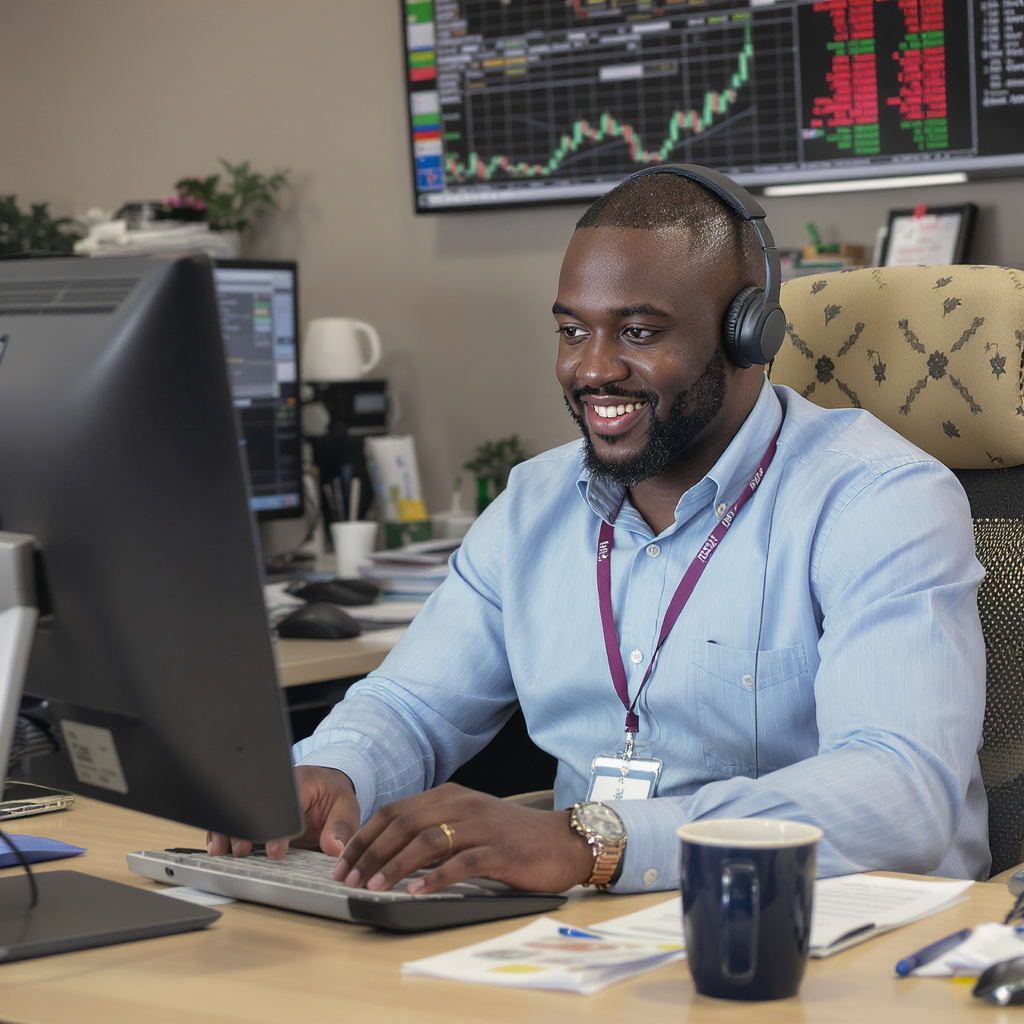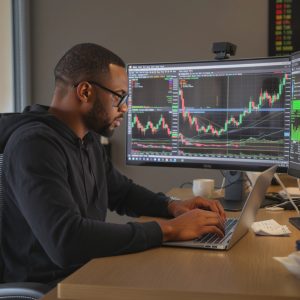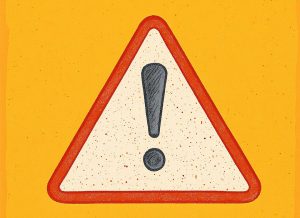Finding the best Forex Broker

Choosing the right forex broker is one of the most important decisions a trader makes. A broker is not just a gateway to the market; it is also a custodian of funds, an executor of trades, and often the provider of tools and resources that shape a trader’s entire experience. With hundreds of brokers competing for attention, the challenge lies in distinguishing reliable, regulated firms from those that operate with little transparency.
Why Broker Selection Matters
The forex market is decentralized, meaning there is no single exchange or clearinghouse. Instead, traders rely on brokers to provide access to liquidity providers and to execute trades efficiently. This creates wide variation in pricing, spreads, execution speed, and trustworthiness. A poor choice of broker can result in slippage, withdrawal problems, or even outright fraud.
Regulation as a First Filter
The first step in selecting a broker is to verify regulation. Established regulators such as the UK’s Financial Conduct Authority (FCA), Cyprus Securities and Exchange Commission (CySEC), the US Commodity Futures Trading Commission (CFTC), and the Australian Securities and Investments Commission (ASIC) enforce strict rules on capital requirements, client fund protection, and fair dealing.
Unregulated or lightly regulated brokers may offer higher leverage and generous bonuses, but these come with significant risks. Many operate offshore and are difficult to pursue in cases of dispute. Traders should always prioritize brokers with recognized regulatory oversight, as this provides an essential safeguard.
Trading Conditions
Beyond regulation, trading conditions determine whether a broker is suitable for a trader’s style. Factors to evaluate include:
- Spreads and commissions: Tight spreads reduce costs, especially for active traders.
- Execution speed: Fast order execution prevents slippage during volatile events.
- Leverage: The right balance between opportunity and risk management.
- Available instruments: Some brokers specialize in forex, while others offer CFDs on commodities, indices, and cryptocurrencies.
Platform choice is another critical aspect. Many brokers provide MetaTrader 4, MetaTrader 5, or cTrader. Some develop proprietary platforms, which may offer unique features but should still meet standards for stability and functionality.
Payment and Withdrawal Options
Ease of deposits and withdrawals is often overlooked until problems arise. A reliable broker should offer transparent processing times and multiple funding methods. For traders in regions where local payment systems are important, brokers that integrate with domestic banking or mobile money services have a clear advantage. Independent resources such as forexbrokersonline.com provide useful comparisons of which brokers excel in this area and which tend to create obstacles.
Customer Support and Education
The quality of customer support matters, especially for newer traders. Brokers that offer responsive support during local trading hours reduce stress when technical issues arise. Some brokers also provide educational resources, market analysis, and trading tools that can help traders refine their strategies. While education should not be the sole factor in selecting a broker, it can be a useful addition for those still developing their skills.
Final Perspective
Selecting a forex broker requires more than looking for the highest leverage or the largest bonus. It requires scrutiny of regulation, trading conditions, funding options, and support quality. A reliable broker enhances the trading experience and protects capital, while a poor choice introduces risks that no strategy can overcome. Taking the time to compare and verify brokers is one of the most valuable steps any trader can take before committing funds.
This article was last updated on: September 19, 2025





